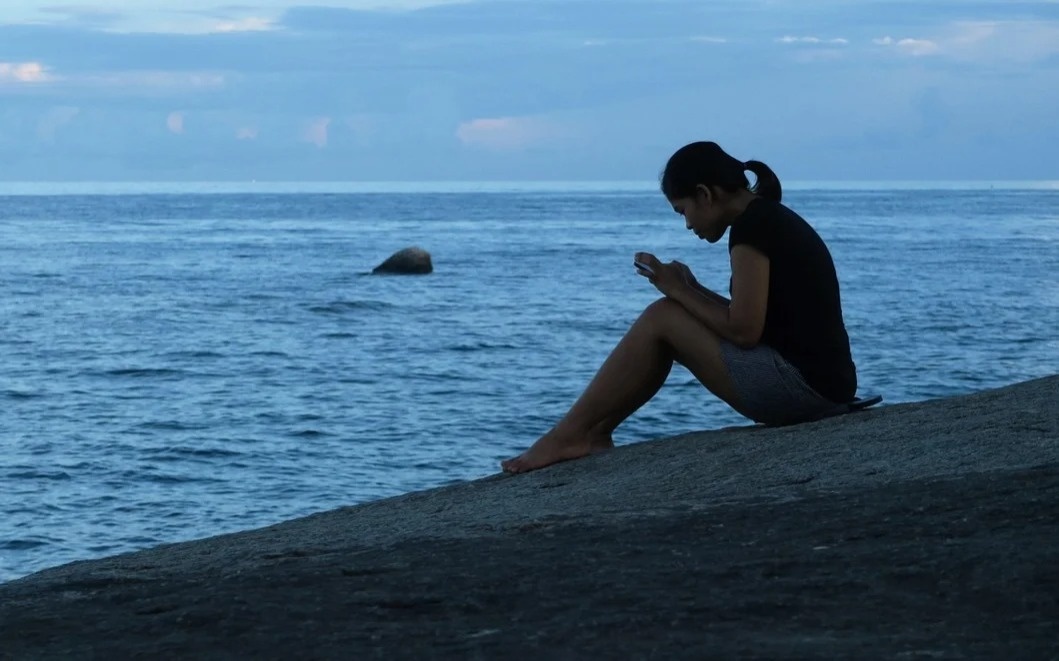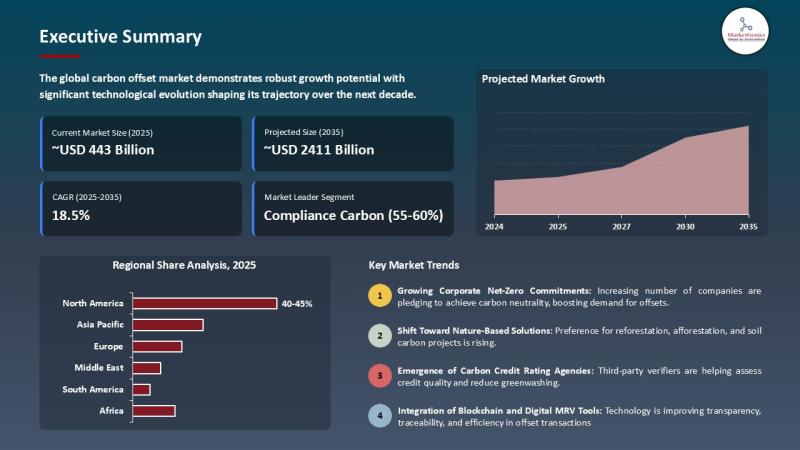Report on TotalEnergies’ Misleading Climate Claims and Implications for Sustainable Development Goals
Introduction: Landmark Ruling on Corporate Greenwashing
A French civil court has found the energy group TotalEnergies guilty of “misleading commercial practices” in a landmark greenwashing case. The ruling addresses the company’s public communications regarding its climate change strategy and its role in the energy transition. The legal action was initiated by a coalition of non-governmental organizations, including Greenpeace, Notre Affaire à Tous, and Friends of the Earth France.
Key Findings of the Court
The court determined that TotalEnergies misled consumers through specific advertising claims based on an analysis of 44 pieces of communication. The primary issues identified were:
- The assertion that the company is a “major actor in the energy transition.”
- The public commitment to achieving carbon neutrality by 2050.
The judgment concluded that these claims created a false impression that the company’s climate objectives were aligned with the scientific consensus required to meet the 2015 Paris Agreement goals. The court noted a significant discrepancy, finding that TotalEnergies continued to increase investment in and production of oil and gas, a fact not adequately communicated to consumers. However, claims related to the promotion of biofuels and gas as cleaner energy sources were rejected by the court.
Legal and Financial Repercussions
As a result of the verdict, the court has imposed several penalties on TotalEnergies:
- The company must cease all consumer communication that presents it as a “major actor in the energy transition.”
- A payment of €8,000 must be made to each of the three plaintiff non-governmental organisations.
- The court’s decision must be published on the TotalEnergies website for a period of 180 days, with non-compliance resulting in fines.
Alignment with UN Sustainable Development Goals (SDGs)
This case holds significant relevance for several United Nations Sustainable Development Goals, highlighting the critical intersection of corporate accountability, climate action, and legal frameworks.
- SDG 13: Climate Action: The ruling directly confronts corporate climate pledges, scrutinizing the gap between public commitments to carbon neutrality and continued investment in fossil fuels. It reinforces the need for corporate strategies to be genuinely aligned with global climate targets.
- SDG 12: Responsible Consumption and Production: By penalizing “greenwashing,” the verdict champions the right of consumers to accurate information, which is fundamental to fostering sustainable consumption patterns. It holds corporations accountable for transparent communication about their environmental impact.
- SDG 16: Peace, Justice and Strong Institutions: The judgment exemplifies the role of strong judicial institutions in upholding the law and ensuring corporate accountability. It affirms the power of civil society to use legal channels to challenge misleading environmental claims.
- SDG 7: Affordable and Clean Energy: The case questions the authenticity of a major energy producer’s contribution to the clean energy transition. It underscores the importance of verifying that corporate investments and operations genuinely support the shift towards sustainable energy systems.
- SDG 17: Partnerships for the Goals: The successful legal challenge was a result of a strategic partnership between multiple environmental NGOs, demonstrating the effectiveness of collaborative action in advancing sustainability agendas.
Broader Context of Climate Litigation
The ruling against TotalEnergies is part of a growing trend of legal and regulatory actions against major energy companies across Europe. Advertising standards authorities, particularly in the UK, have previously banned advertisements from companies like Shell, Repsol, and Petronas for similar instances of misleading consumers by omitting information about their larger polluting operations. While other court cases, such as those involving Shell in the Netherlands and RWE in Germany, have yielded mixed results, they collectively signal increasing legal pressure on corporations to substantiate their climate-related claims and address their environmental impact.
Corporate Response and Strategy
TotalEnergies has acknowledged the judgment, noting that the court rejected a majority of the claims, particularly those related to institutional investor communications and specific statements on biofuels and gas. The company’s stated strategy involves increasing investment in renewable energy to generate 100TWh of electricity by 2030. Simultaneously, its plans include an annual growth in fossil fuel production of approximately 3 percent, a central point of contention in the court’s finding of misleading communication.
1. Which SDGs are addressed or connected to the issues highlighted in the article?
- SDG 7: Affordable and Clean Energy
- SDG 12: Responsible Consumption and Production
- SDG 13: Climate Action
- SDG 16: Peace, Justice and Strong Institutions
2. What specific targets under those SDGs can be identified based on the article’s content?
SDG 7: Affordable and Clean Energy
- Target 7.2: By 2030, increase substantially the share of renewable energy in the global energy mix. The article discusses TotalEnergies’ strategy, which involves investing in renewables to increase electricity generation (aiming for 100TWh by 2030) while simultaneously increasing fossil fuel production. This directly relates to the balance and share of renewable versus non-renewable energy.
- Target 7.a: By 2030, enhance international cooperation to facilitate access to clean energy research and technology, including renewable energy, energy efficiency and advanced and cleaner fossil-fuel technology, and promote investment in energy infrastructure and clean energy technology. The article highlights the conflict between TotalEnergies’ public claims of being a “major actor in the energy transition” and its continued investments in oil and gas, which is central to the court’s ruling on misleading consumers about its commitment to clean energy.
SDG 12: Responsible Consumption and Production
- Target 12.6: Encourage companies, especially large and transnational companies, to adopt sustainable practices and to integrate sustainability information into their reporting cycle. The entire lawsuit is about holding TotalEnergies accountable for its sustainability claims. The court found the company guilty of “misleading commercial practices” for its communications about its climate goals, directly addressing the need for honest sustainability reporting.
- Target 12.8: By 2030, ensure that people everywhere have the relevant information and awareness for sustainable development and lifestyles in harmony with nature. The court’s decision reinforces this target by stating that TotalEnergies “misled consumers” and that “Citizens have a right to honest information.” The case centered on whether the company’s communications provided accurate information for consumers to make informed decisions.
SDG 13: Climate Action
- Target 13.3: Improve education, awareness-raising and human and institutional capacity on climate change mitigation, adaptation, impact reduction and early warning. The article deals with “climate disinformation” and “greenwashing.” The court case brought by environmental groups and the subsequent ruling are actions aimed at improving the accuracy of public information and raising awareness about corporate climate commitments versus their actual operations. The judgment found that TotalEnergies’ claims were not aligned with the scientific opinion necessary to meet the “goals outlined in the 2015 Paris agreement.”
SDG 16: Peace, Justice and Strong Institutions
- Target 16.3: Promote the rule of law at the national and international levels and ensure equal access to justice for all. The article describes a “landmark greenwashing case” where activist groups (Greenpeace, Notre Affaire à Tous, Friends of the Earth France) successfully used the legal system to challenge a major corporation. This demonstrates access to justice and the application of the rule of law to hold powerful entities accountable.
- Target 16.6: Develop effective, accountable and transparent institutions at all levels. The court’s judgment against TotalEnergies is an example of an institution (the French civil court) enforcing accountability. The order for the company to stop certain communications and publish the court’s decision on its website for 180 days is a direct measure to enforce transparency and accountability.
3. Are there any indicators mentioned or implied in the article that can be used to measure progress towards the identified targets?
SDG 7: Affordable and Clean Energy
- Indicator for Target 7.2: The article provides specific figures that can be used as indicators: TotalEnergies’ goal to produce “100TWh of electricity by 2030” from renewables and other sources, contrasted with its plan to “grow fossil fuel production by about 3 per cent each year.” These quantifiable goals measure the company’s contribution to the energy mix.
SDG 12: Responsible Consumption and Production
- Indicator for Target 12.6: The court’s finding of “misleading commercial practices” serves as a qualitative indicator of a company failing to integrate accurate sustainability information. The legal case itself, centered on “44 pieces of communication,” is an indicator of efforts to monitor and enforce corporate sustainability reporting.
- Indicator for Target 12.8: The court’s order for TotalEnergies to “stop communicating to consumers that it was ‘a major actor in the energy transition’” is a direct action and indicator of progress towards ensuring consumers receive honest information.
SDG 13: Climate Action
- Indicator for Target 13.3: The central claim of reaching “carbon neutrality by 2050” is an indicator of a stated climate goal. The court’s finding that this claim misled consumers because it was not aligned with the “Paris agreement” serves as an indicator of the gap between corporate communication and scientifically-backed climate action, highlighting the issue of “climate disinformation.”
SDG 16: Peace, Justice and Strong Institutions
- Indicator for Target 16.3: The “landmark greenwashing case” and its “first win for activists against a key player in the oil industry under French law” is a clear indicator of successful access to justice for civil society organizations.
- Indicator for Target 16.6: The court’s order for TotalEnergies to “publish the court’s decision on its website for 180 days” is a specific, measurable indicator of enforced transparency and institutional accountability.
4. Create a table with three columns titled ‘SDGs, Targets and Indicators” to present the findings from analyzing the article.
| SDGs | Targets | Indicators |
|---|---|---|
| SDG 7: Affordable and Clean Energy | 7.2: Increase substantially the share of renewable energy in the global energy mix. |
|
| SDG 12: Responsible Consumption and Production |
12.6: Encourage companies to adopt sustainable practices and integrate sustainability information into their reporting.
12.8: Ensure people have relevant information for sustainable lifestyles. |
|
| SDG 13: Climate Action | 13.3: Improve education, awareness-raising and human and institutional capacity on climate change mitigation. |
|
| SDG 16: Peace, Justice and Strong Institutions |
16.3: Promote the rule of law and ensure equal access to justice.
16.6: Develop effective, accountable and transparent institutions. |
|
Source: ft.com






:strip_icc()/i.s3.glbimg.com/v1/AUTH_63b422c2caee4269b8b34177e8876b93/internal_photos/bs/2025/Z/d/OPUvBaRJ6HG9aYr2rcJg/foto24bra-101-percap-a4.jpg)
